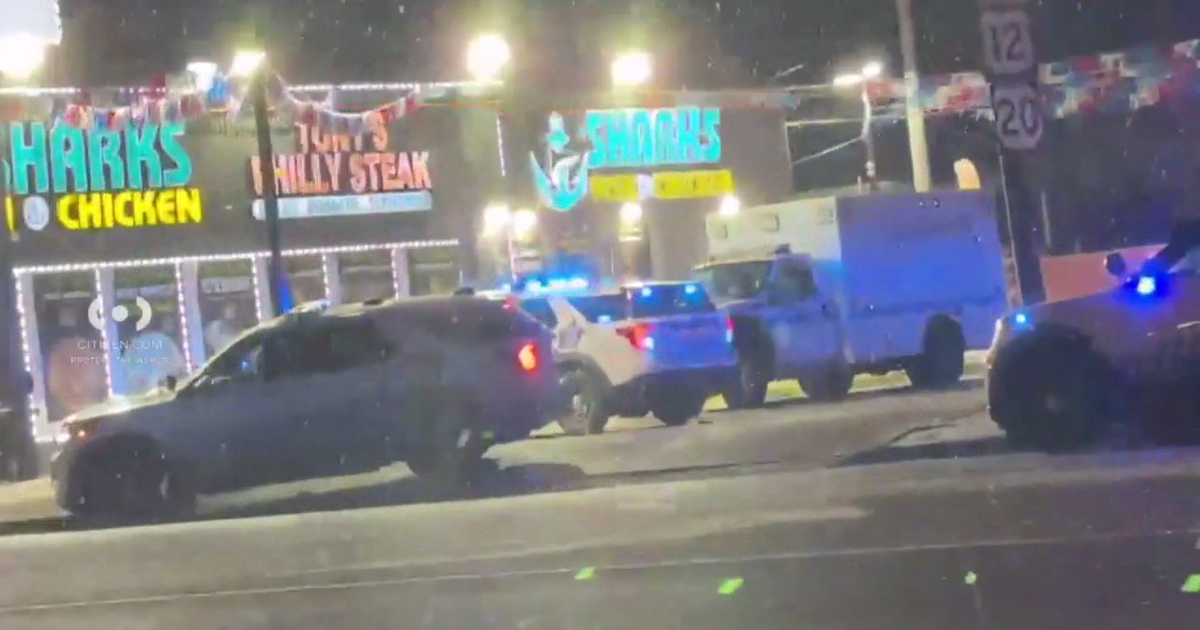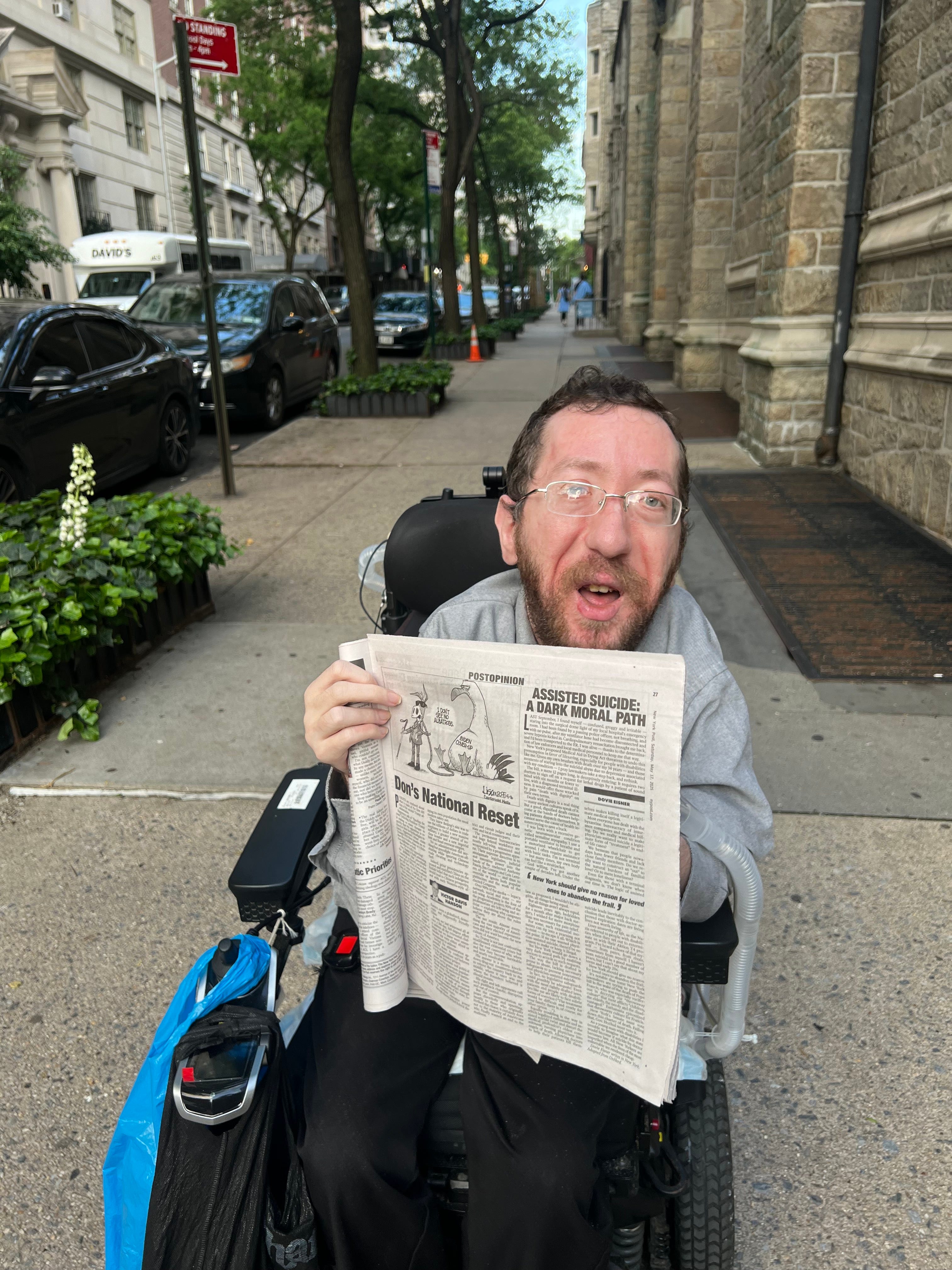Attorney Johnnie Cochran Dies
Johnnie L. Cochran, whose legal career representing both victims of police abuse and celebrities in peril converged under the media glare when he successfully defended O.J. Simpson from murder charges, has died.
Cochran, who was diagnosed with an inoperable brain tumor in December 2003, died Tuesday at his home in the Los Feliz area of Los Angeles. He was 67.
Cochran was known for his sharp wardrobe, his sharp tongue and his sharp sense of what a jury needed to hear, reports CBS News Correspondent John Blackstone.
With his gift for courtroom oratory and a knack for coining memorable phrases, Cochran became known for championing the causes of black defendants.
"He was not the most important attorneys of his generation, or the best or the smartest, but he was probably the best known, and the most often imitated in and out of court," said CBSNews.com Legal Analyst Andrew Cohen. "His courtroom presence was powerful, his cases often vital, and of course he presided over what was probably the single greatest legal upset in American history — the acquittal of O.J. Simpson.
While Cochran represented celebrities who included professional football players and rappers, the famed attorney also stuck up for — as one colleague put it — the "common man."
Cochran represented a Haitian immigrant tortured by New York police, a 19-year-old black woman who was shot a dozen times by police as she sat in a locked car and a white trucker who was videotaped being beaten by a mob during the 1992 Los Angeles riots.
"The clients I've cared about the most are the No Js, the ones who nobody knows," said Cochran, who proudly displayed copies in his office of the multimillion-dollar checks he won for ordinary citizens who said they were abused by police.
"He was so much more than what most people will remember him for, so much more than the Simpson case," says Cohen. "He was a fine attorney before that trial and a fine attorney after it and even if he had never been involved in the Simpson case he would have gone down as one of the more prominent attorneys of his era."
Over the years, Cochran represented football great Jim Brown on rape and assault charges, actor Todd Bridges on attempted murder charges, rapper Tupac Shakur on a weapons charge, rapper Snoop Dogg on a murder charge and rapper Sean "P. Diddy" Combs on gun and bribery charges stemming from a nightclub shooting.
Cochran came up with the "if it does not fit, you must acquit" phrase in the Simpson trial when the former football player tried on a pair of bloodstained "murder gloves" to show jurors they did not fit. Soon after, jurors found Simpson not guilty of the 1994 slayings of his ex-wife Nicole Brown Simpson and her friend, Ronald Goldman.
"For better or worse, O.J. Simpson literally owes the rest of his life to Cochran, who came into that infamous case, took over, herded into line a bunch of other high-ego defense attorneys, and came up with strategy that won the acquittal," says Cohen.
"I've got to say, I don't think I'd be home today without Johnnie," Simpson said by telephone from Florida. "I always tell people, if your kids or your loved ones got in trouble, you would want Johnnie. Even his adversaries respected him."
After Simpson's acquittal, Cochran appeared on countless TV talk shows, was awarded his own show on cable's Court TV, traveled the world giving speeches, and was endlessly parodied in films and on such TV shows as "Seinfeld" and "South Park."
Cochran also represented former Black Panther Elmer "Geronimo" Pratt, who spent 27 years in prison for a murder he didn't commit. When Cochran helped Pratt win his freedom in 1997 he called the moment "the happiest day of my life practicing law."
His clients included the family of Tyisha Miller, a 19-year-old black woman shot to death by Riverside police who said she reached for a gun on her lap when they broke her car window in an effort to disarm her.
"He was an inspiration to many, many young lawyers," said Harvard Law School professor Alan Dershowitz, a colleague on the Simpson case. "It's a sad, sad day."
Cochran was born Oct. 2, 1937, in Shreveport, Louisiana, the great-grandson of slaves, grandson of a sharecropper and son of an insurance salesman. He came to Los Angeles with his family in 1949, and became one of two dozen black students integrated into Los Angeles High School in the 1950s.
His skills as an attorney took shape as a child. He loved to argue, and in high school he excelled in debate. He came to idolize Thurgood Marshall, who would eventually become the Supreme Court's first black justice.
After graduating from UCLA, Cochran earned a law degree from Loyola Law School in Los Angeles. He spent two years in the Los Angeles city attorney's office before establishing his own practice, later building his firm into a personal injury giant with more than 100 lawyers and offices around the country.
Although he frequently took on police departments in court, Cochran denied being anti-police and supported the decision of his only son, Jonathan, to join the California Highway Patrol.



